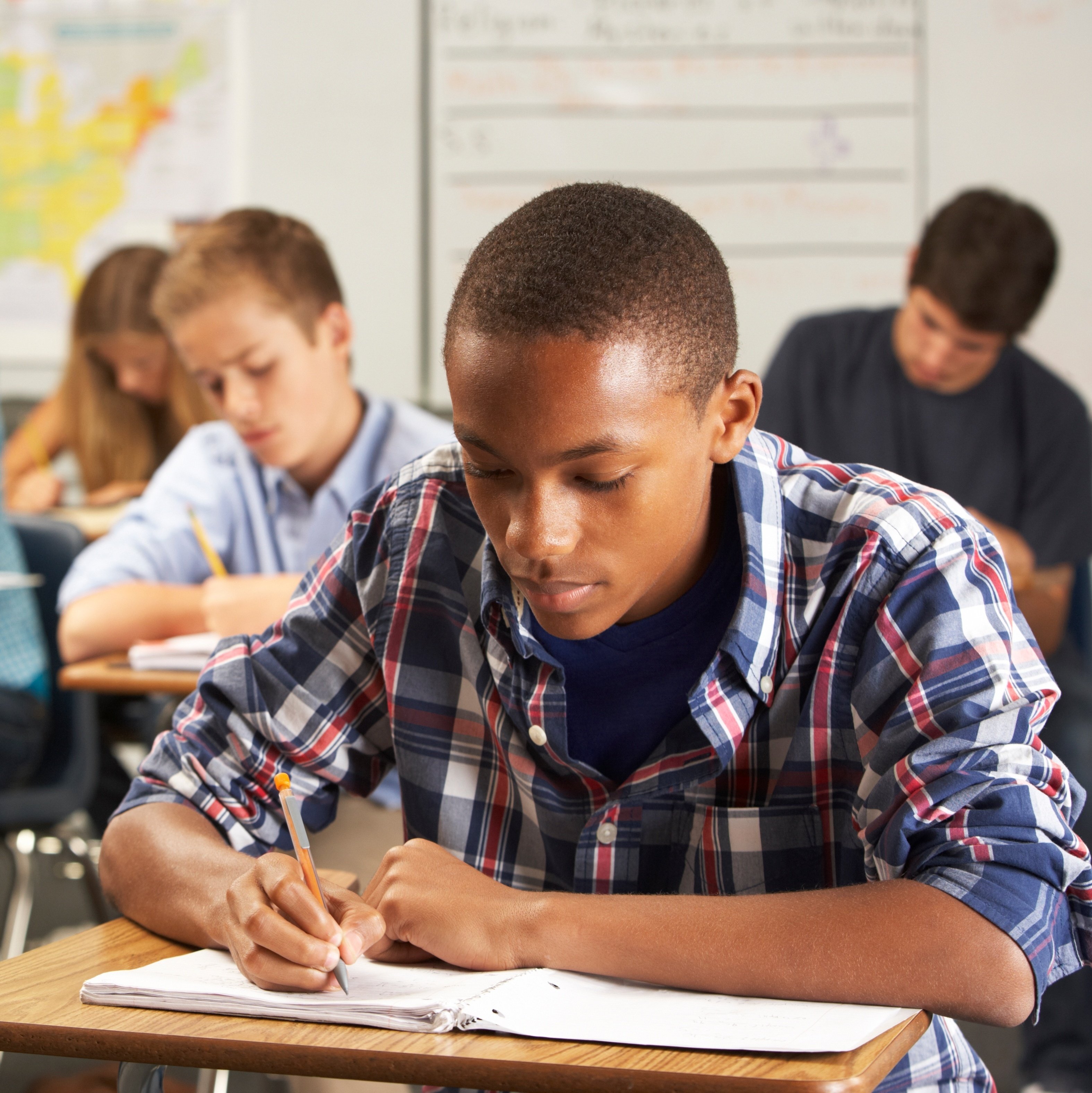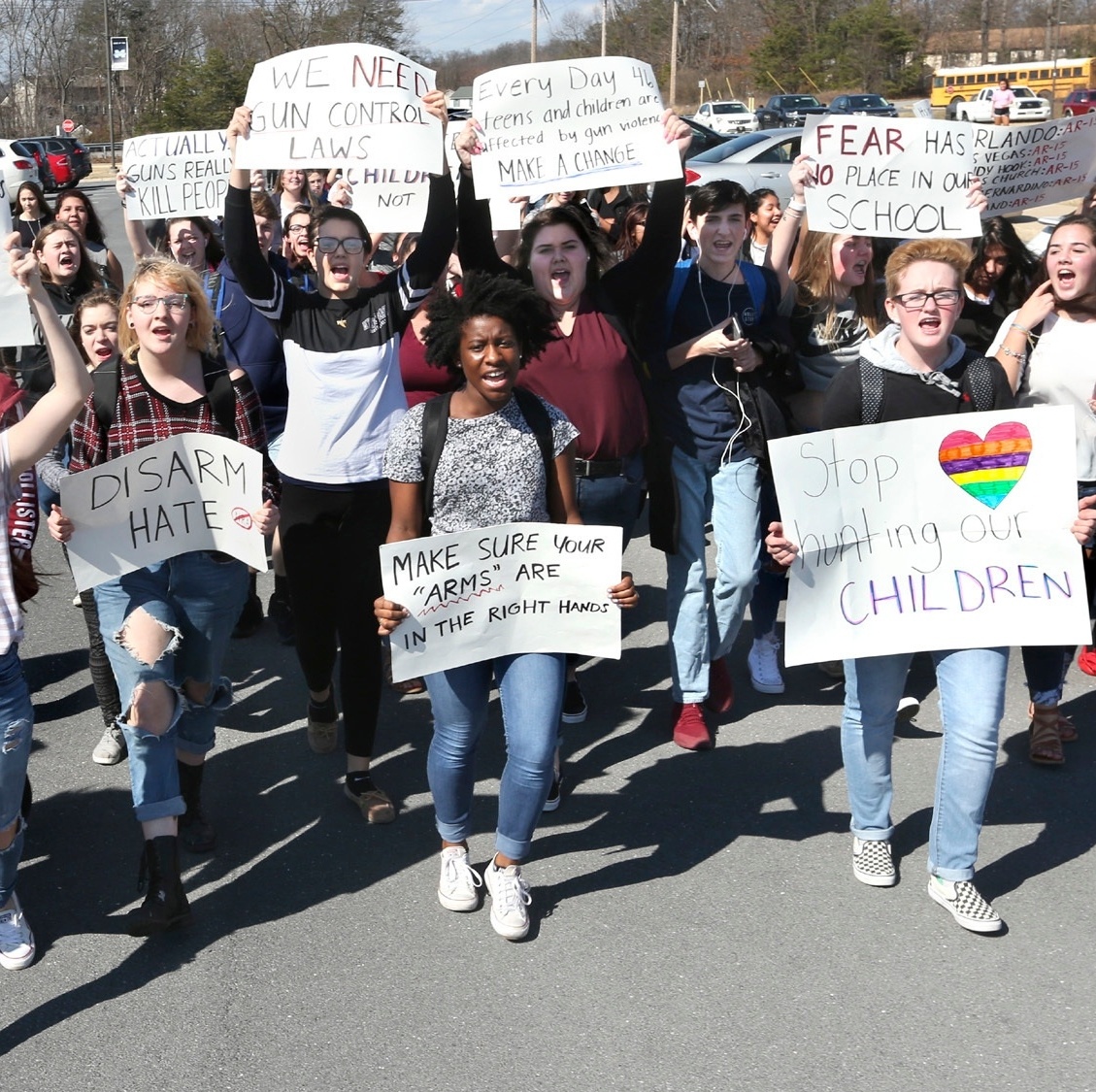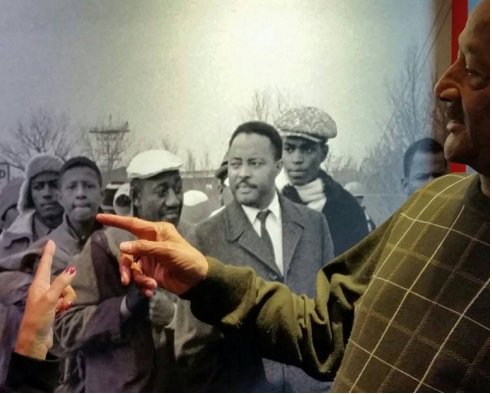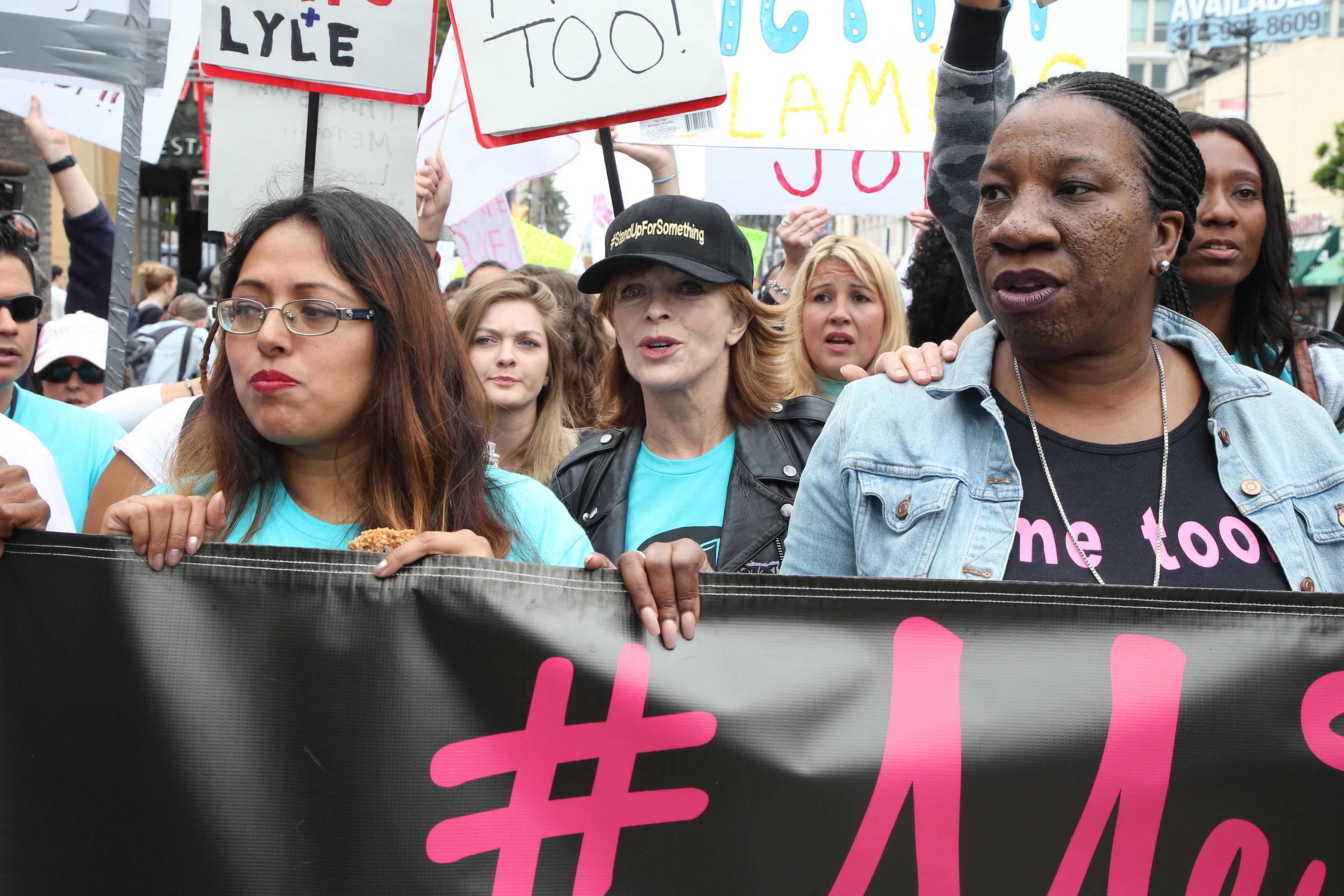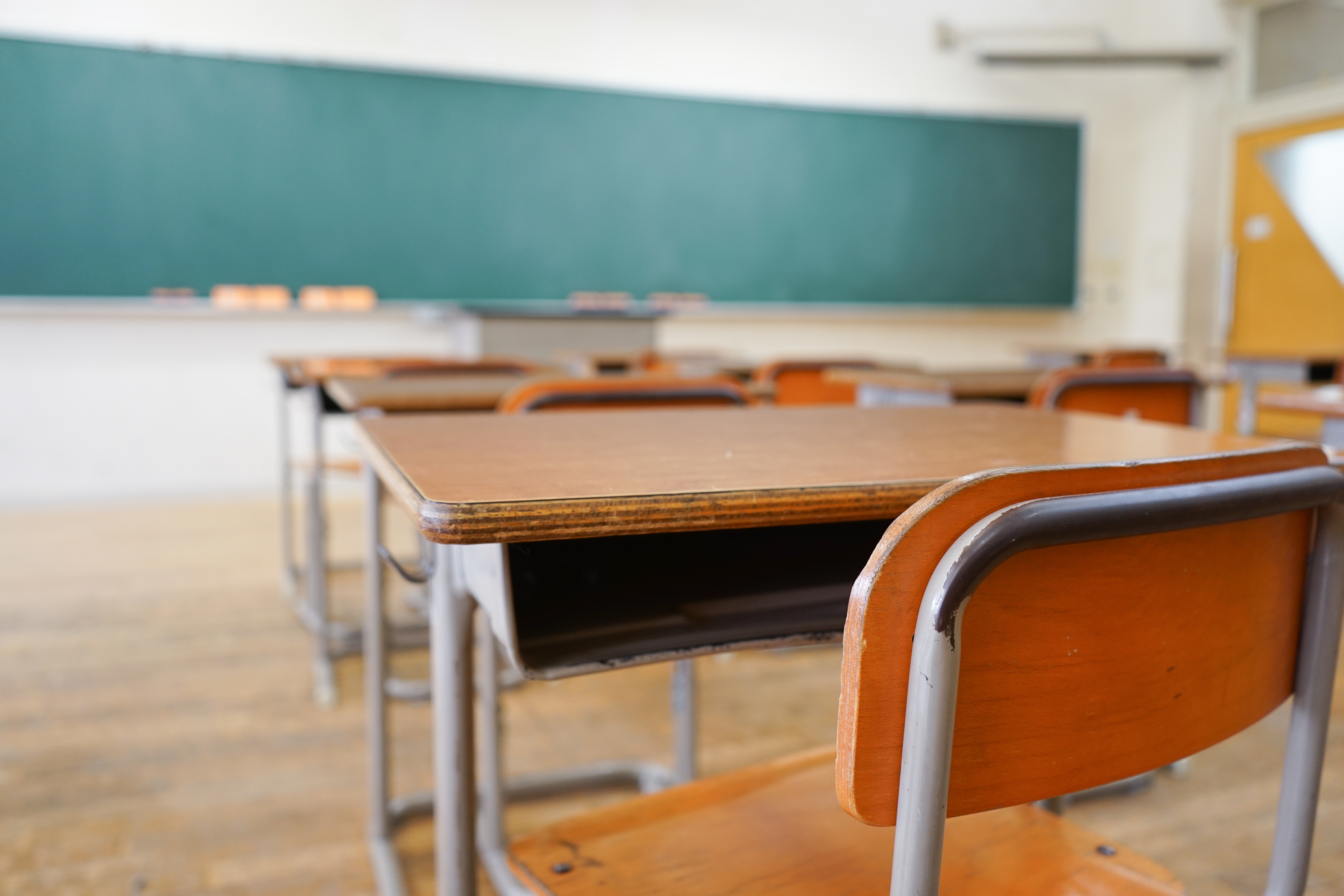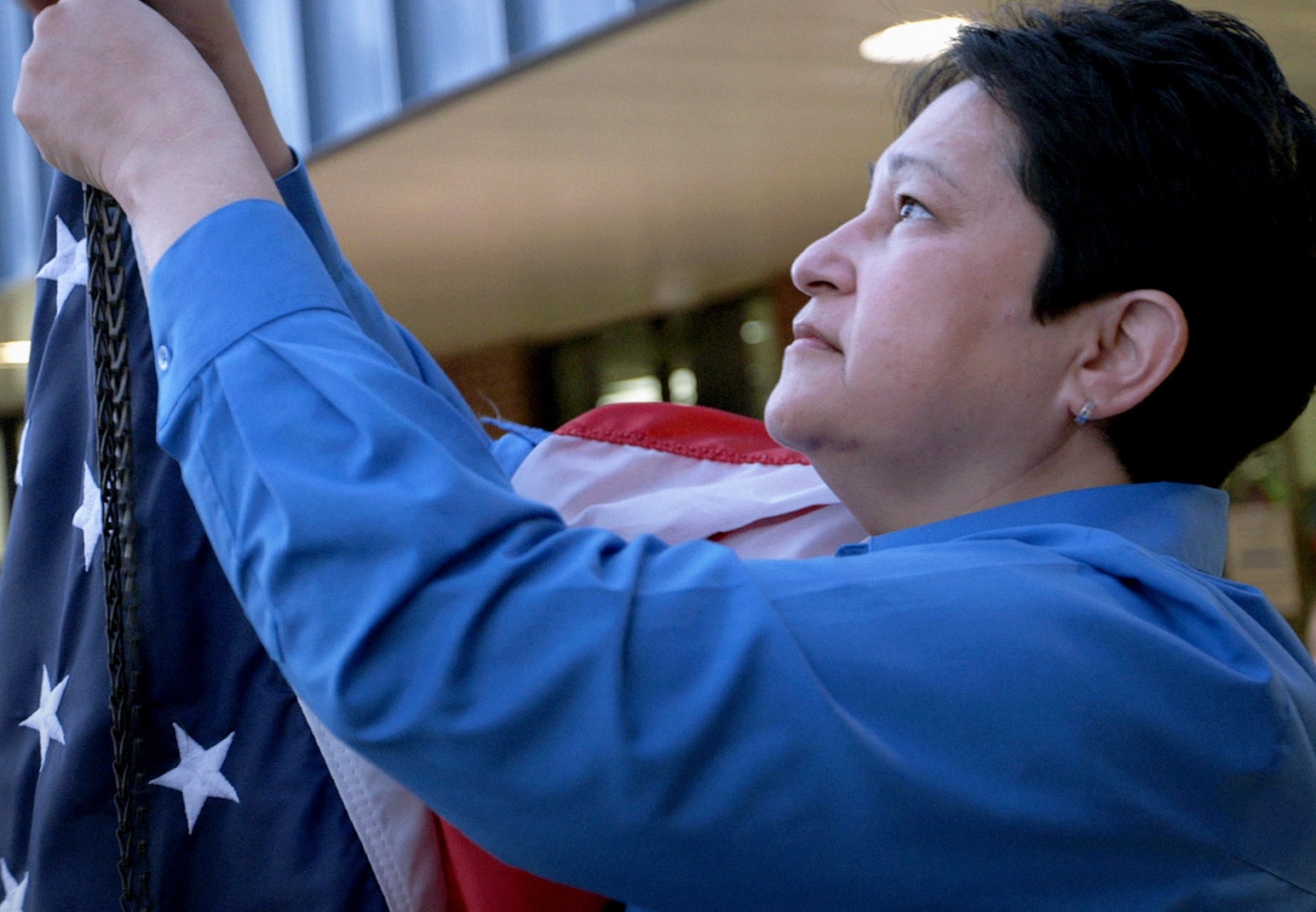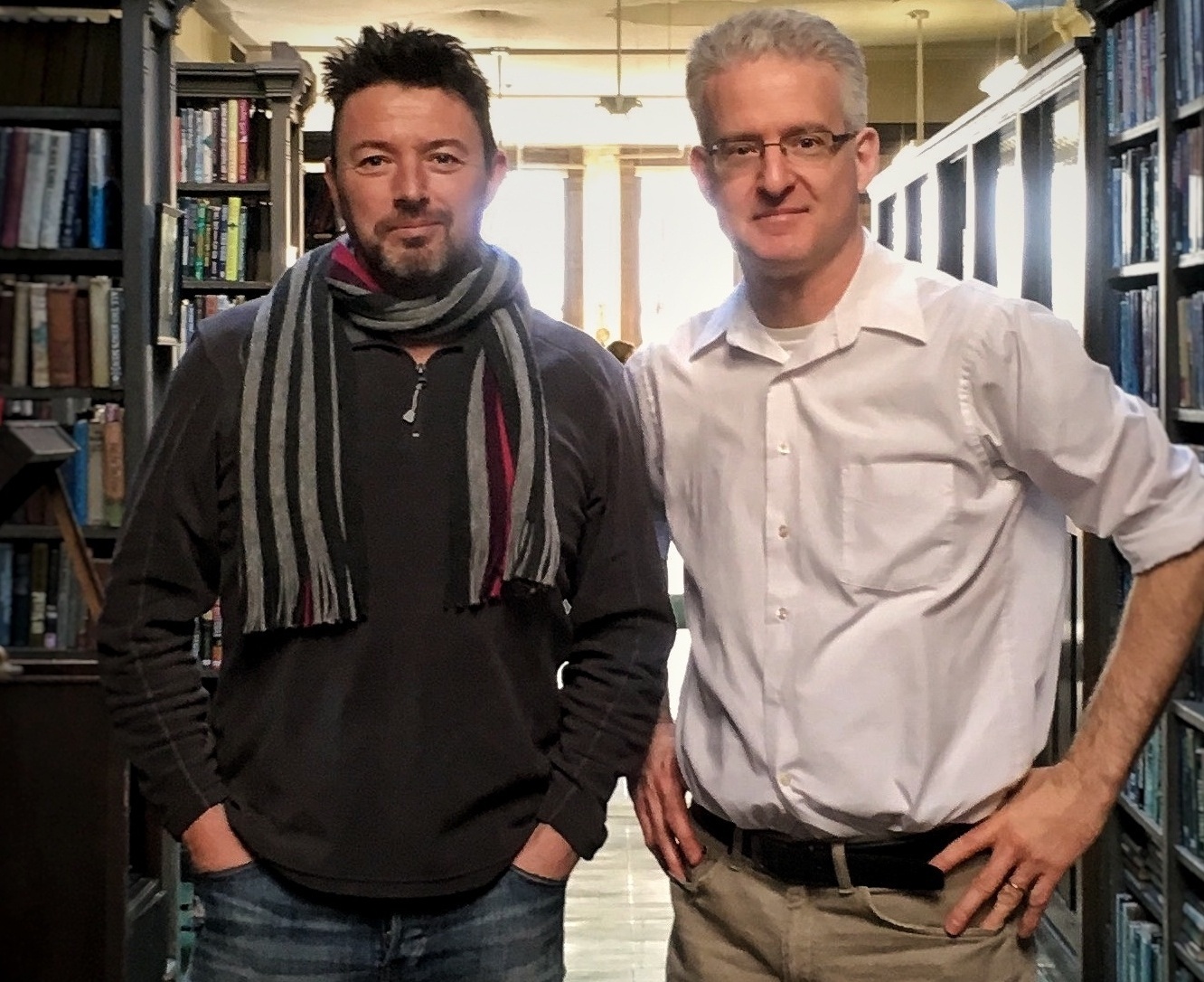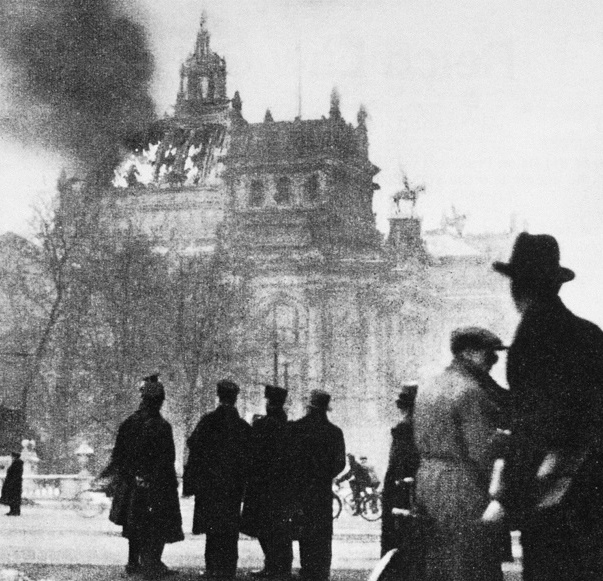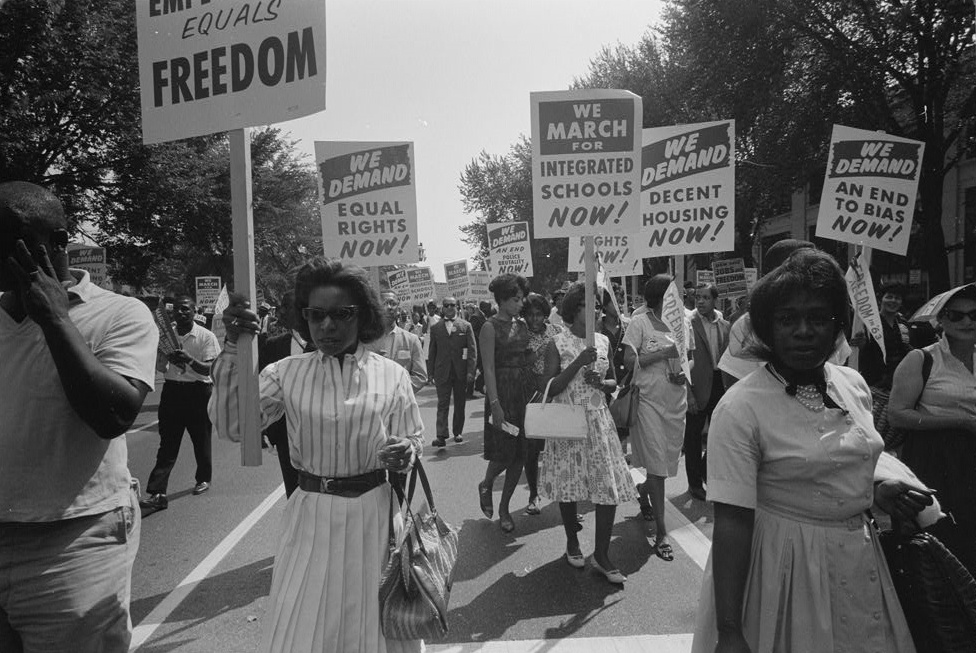The Facing History Together Student Essay Contest is back! And we're accepting submissions! Using the documentary film, American Creed, we're asking students to tell a story they believe shows the power of uniting people, building bridges, or orienting us to what we share and the common good. But what makes a good essay? We've rounded up a few writing tips that can prepare students to sit down and write their best 500-word essay for the chance to win great scholarship prizes. Check out the full contest site for all of the details. In the meantime, read these tips and get writing. Submissions close on March 28!
Share the Rich History of Student Activism in the Wake of Parkland
Posted by Stacey Perlman on March 9, 2018
When young people learn about the movements that changed the course of history, it can sometimes be hard for them see themselves. But there's a rich history of student activism they can relate to. Now, in the wake of the student-led Parkland protest, it's a good time to give them a glimpse into the role that young people can play in creating positive social change.
Topics: current events
Student Activism: From the Civil Rights Movement to Parkland Today
Posted by Laura Tavares on March 7, 2018
On March 7, 1965, 17 year old Charles Mauldin took his place near the front of a line of marchers heading out of Selma, Alabama with a demand for equal voting rights. The peaceful marchers were brutally assaulted by local law enforcement; Mauldin was so close to John Lewis that he still remembers the sound of an officer’s billy club cracking Lewis’ skull. The drama of the Selma to Montgomery march transfixed Americans and was a pivotal moment in the struggle for civil rights. In 2015, the 50th anniversary of the march, Mauldin looked back at his experiences, including at photos of him at the march. Now, as student activists are drawing national attention with their calls for reform in the wake of the Parkland school shooting, Charles Mauldin reflects on the power of young people to spark social change and offers his insights for today’s emerging activists.
Topics: Civil Rights Movement
Women Running in the US Midterm Elections is a Good Sign for Democracy
Posted by Stacey Perlman on March 5, 2018
This year is a midterm election year in the United States, which might cause some of us to shudder. Still reeling from the stress, divisions, and tensions of the 2016 presidential election, not all of us are quite ready to handle yet another round of rhetoric and campaigns. But this year is an important one. That persistent sound you hear is women knocking loudly on Washington D.C.’s door: a record number are running for office in November.
Topics: Women's History Month
Here's Why You Should Address the #MeToo Movement with Your Students
Posted by Stacey Perlman on March 2, 2018
As the 90th Oscars ceremony premieres this Sunday evening, the #MeToo movement will be present yet again, with the recent scandal breaking around host, Ryan Seacrest. But there's a long history of women's activism, especially black women's activism, that has been simmering slowly and steadily. Like the legacy of Recy Taylor, who died in December of last year at the age of 98. Taylor’s determination to seek justice for her rapists in Jim Crow-era Alabama set the stage for the Civil Rights Movement and in many ways, today’s modern #MeToo movement.
Topics: current events
Today’s News, Tomorrow’s History: The Future for Teachers with DACA
Posted by Monica Brady-Myerov on March 1, 2018
Today’s News, Tomorrow’s History is an ongoing series with Listenwise. This series connects Facing History’s themes with today’s current events using public radio to guide and facilitate discussions around the social issues of our time. We will take a look at the story of a teacher with Deferred Action for Childhood Arrivals.
Topics: Today's News Tomorrow's History, current events, Listenwise
What Does it Mean to be American? 9 Quotes from Around the Country
Posted by Facing History and Ourselves on February 27, 2018
"What does it mean to be American?" is a timely question amidst the immigration debate but it's also one the United States has been struggling with for years. In 2014, New York Times reporter Damien Cave traveled the length of highway I-35, which runs south to north through the middle of the United States, for his “The Way North” project. Along the way, he asked 35 people this question. In 1997, the PBS documentary, A More Perfect Union, addressed the same issue. The complexity of these answers over time still resonates today.
Topics: Identity
After Parkland, This Play by Two Teachers is More Relevant than Ever
Posted by Stacey Perlman on February 26, 2018
Understanding violence is a difficult task, especially for students. Whether it’s mass violence in history or the violence of today—like the recent mass shooting at Marjory Stoneman Douglas High School in Parkland, Florida where 17 people were murdered by a former student. Both adults and young people are left to grapple with why these events happen and how to process them.
Topics: current events
The Reichstag Fire: The Shift from Democracy to Dictatorship
Posted by Jason David on February 21, 2018
On February 27, 1933, the German parliament building known as the Reichstag was set on fire. The government falsely portrayed it as part of a Communist effort to overthrow the state. The Nazi Party soon passed a decree, "For the Defense of the Nation and State," which removed many of German citizens' civil liberties and made it possible to imprison anyone who opposed Nazi rule. The Reichstag Fire is often seen as a cautionary tale about the fragility of democracy and the struggle to keep it intact.
Topics: Holocaust and Human Behaviour
How a Jewish Civil Rights Activist Taught Me to Fight for All Rights
Posted by Julia Clardy on February 15, 2018
Facing History is proud to feature young voices on Facing Today. Julia Clardy is a high school student who is part of the Rising Voices Fellowship, a program of the Jewish Women’s Archive (JWA). She wrote this piece as a Fellow, noting how one young Jewish civil rights activist helped her see that fighting for social justice goes beyond just fighting for those in your own inner circle. This piece was originally published on JWA’s blog, Jewish Women, Amplified.
Topics: Civil Rights Movement

